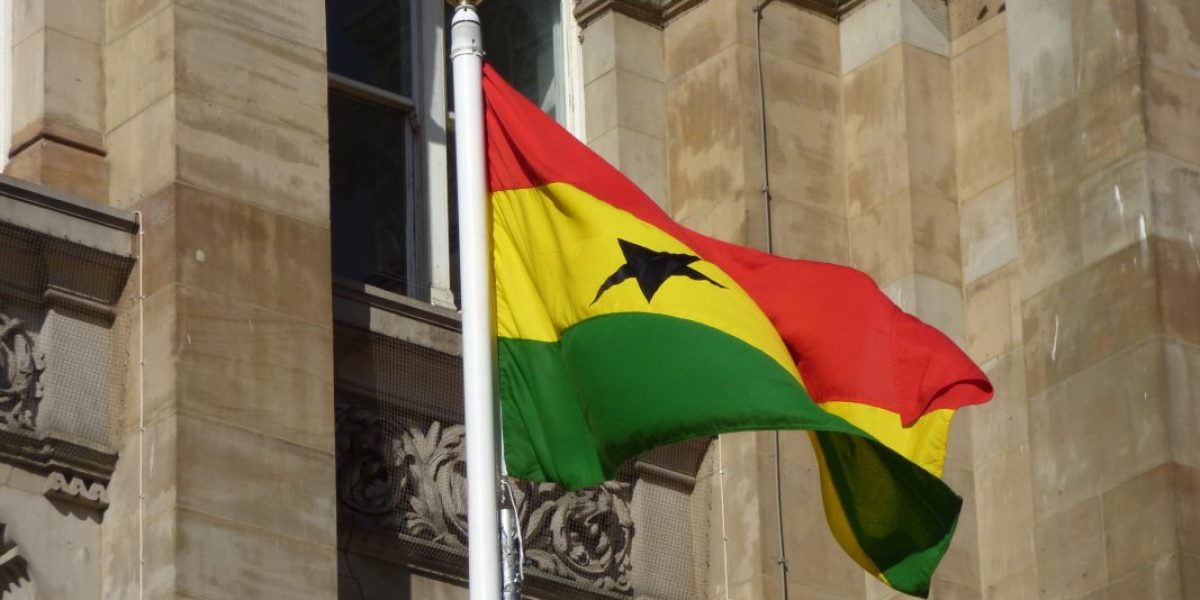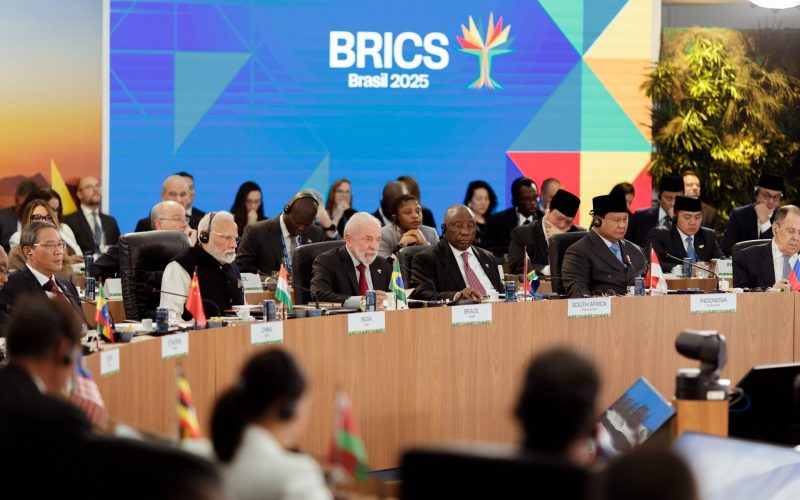The semi-arid former French colony is regarded as the economic success in the region with its strong commitment to the rule of law and democratic institutions.
The country’s lack of mineral resources has enabled it to remain an oasis of peace, as gold and diamonds have fuelled conflicts around it. With civil war looming in Cote d’Ivoire, Senegal offers a promising market for South African investors eager to penetrate France’s influence in Africa.
A recent survey by the South African Institute of International Affairs on the experience of South African businesses operating in Senegal found that almost all regard Senegal as an increasingly investment-friendly destination.
Senegal’s wide range of investment incentives-political stability, secular democracy with pro-market leanings, skilled labour force and good infrastructure-were cited as the main reasons South African investors had chosen it. The successful implementation of macroeconomic reforms and structural adjustment programmes since 1994 as well as its proximity to Europe has motivated more South African companies to locate there.
The majority of surveyed South African companies say their market share and revenues will grow due to the improved economic situation, the continuation of the government’s privatisation and export diversification programmes, and the growth of the Senegalese economy, whose gross domestic product last year stood at $7.6 bn, up from $4.4 bn in 2000.
South African company managers expect to reap the benefits of a rise in income levels among ordinary Senegalese and the influx of French and other expatriates relocating from strife-torn Cote d’Ivoire to Senegal. The country’s per capita income last year stood at $722, up from $459 in 2000.
In addition, an increasing number of Senegal’s 2-million strong Diaspora living in Europe, the US and across west Africa have begun to move back following the improved economic situation in the country. Accustomed to quality products from the west, they are regarded as important potential consumers for South Africa goods.
According to SA’s embassy in Dakar, there are 11 established South African companies in the country. A sectoral breakdown of South African foreign direct investment shows the mining sector has attracted the most investment. Other South African companies with operations in Senegal include South African Airways, Steers, Nandos’s, Eskom, SABMiller, MultiChoice, Hodevco and Beka Company.
Trade is also slowly expanding between the two countries. Senegal is SA’s fifth-largest trading partner in west Africa, after Nigeria, Ghana, Cote d’Ivoire and Mali. SA enjoys a trade surplus with Senegal despite growth in Senegalese exports to SA over the past five years. But South African and other international investors still face regulatory obstacles despite years of reforms.
Judicial, customs and tax regulatory decisions are frequently inconsistent and non-transparent. Labour laws have become a disincentive to investment. In addition, starting up a business or acquiring land can take months.
Despite these constraints and fierce competition from Senegal’s traditional partner, France, South Africa companies have recorded healthy profits and have expanded their existing operations in the country since 2000.
Trade and investment between the two countries is poised to expand in the coming years as South African entrepreneurs learn to overcome the strong French influence in the country as well as the language divide. The Senegalese authorities appear keen to slowly loosen the French grip on their economic, cultural, social and political landscapes.
In recent years, Senegal’s government has worked hard to attract German, Canadian, Lebanese, Chinese and Japanese investments and goods into the country. And now they are beginning to turn their attention to SA.








